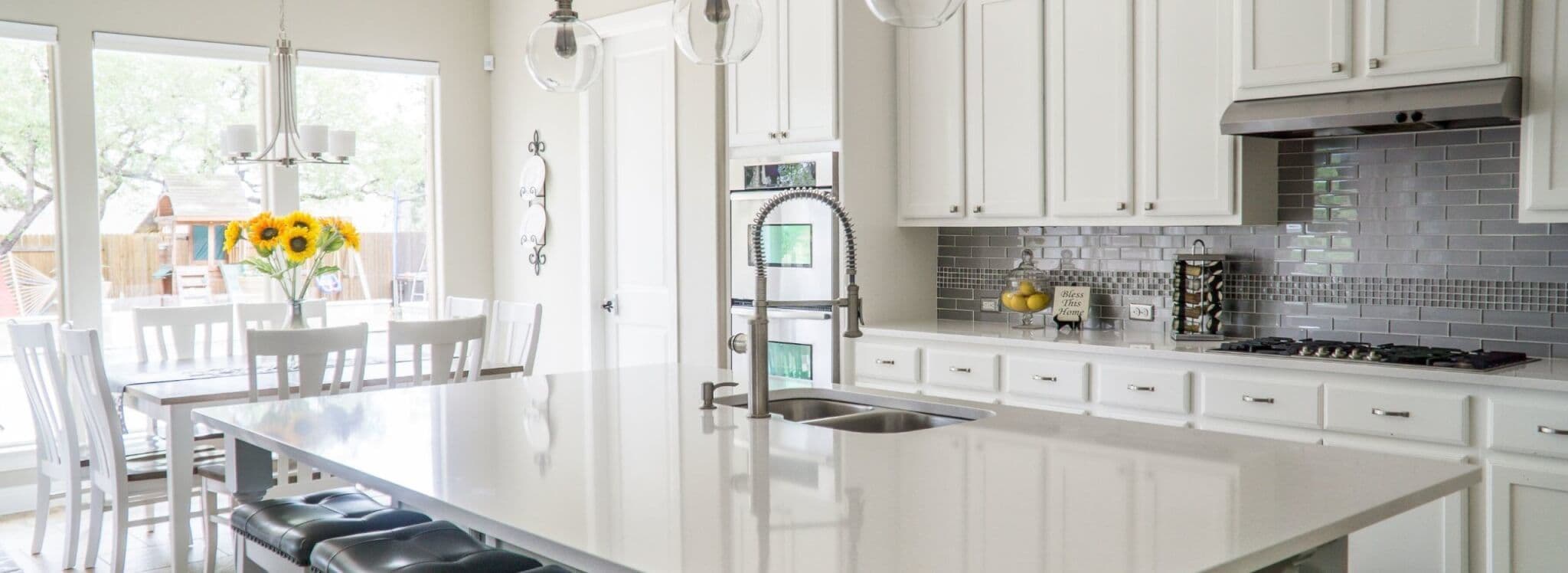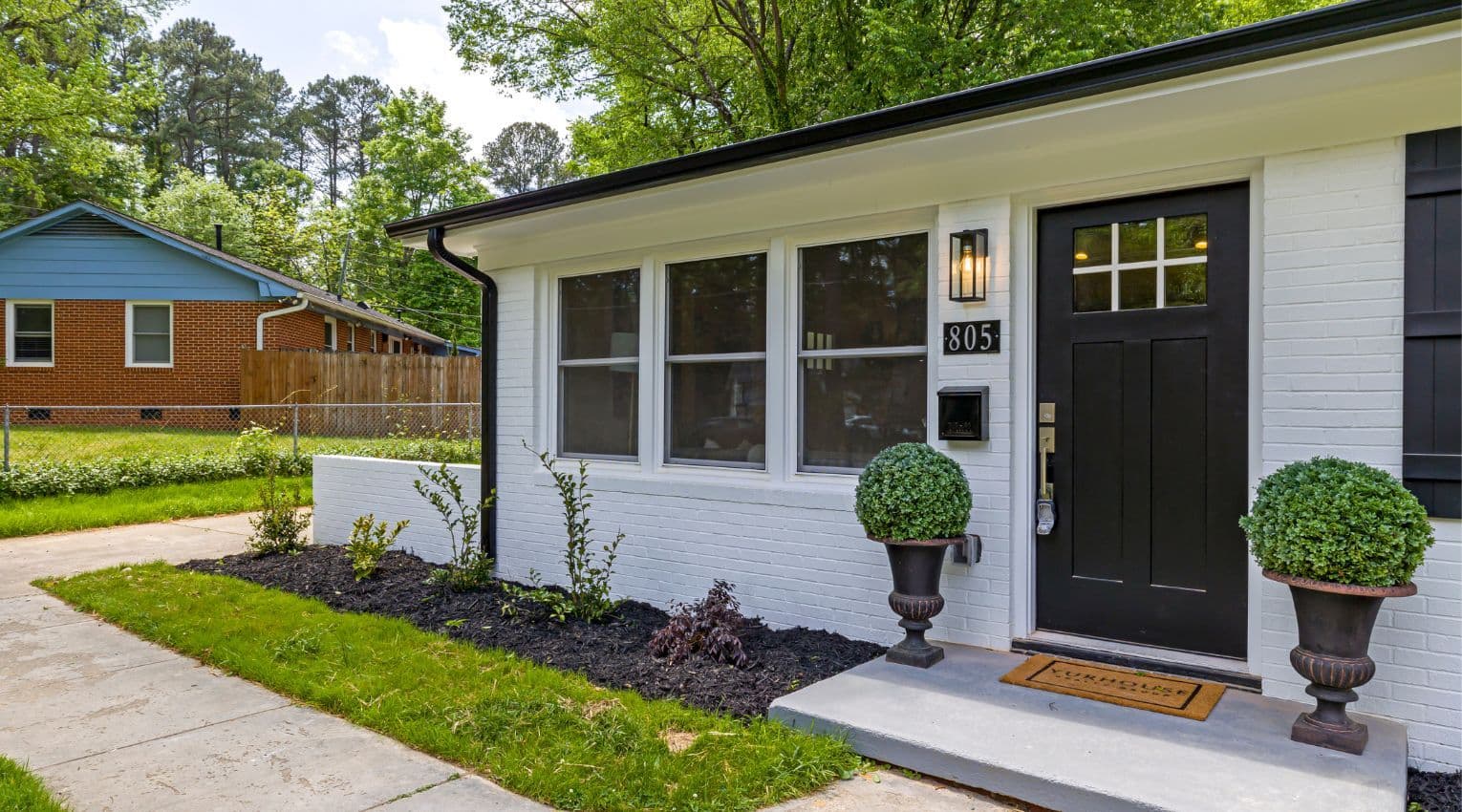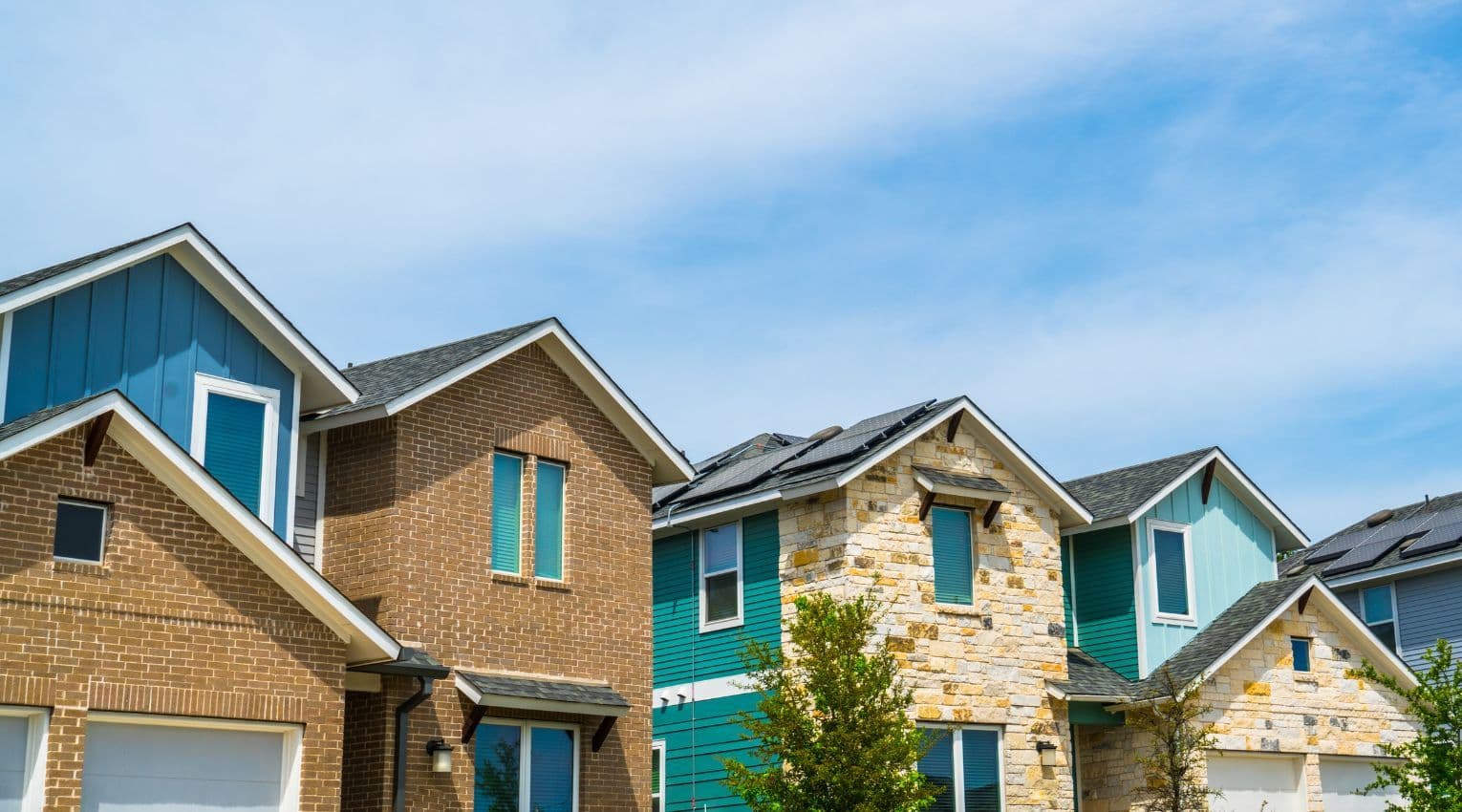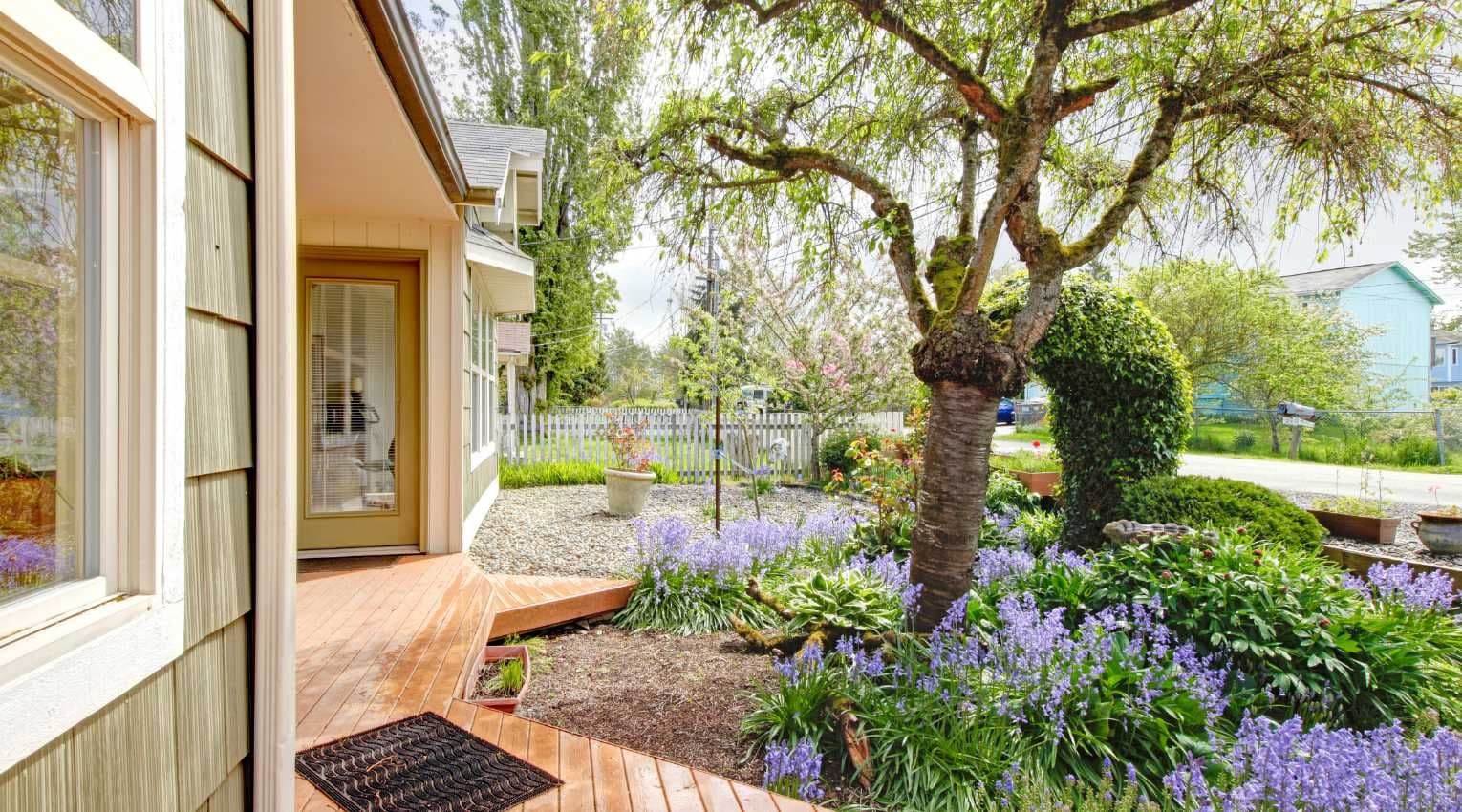How to Tell If You Got a Good Homeowner's Insurance Rate

Last updated June 12, 2025
The number of home insurance options on the market is overwhelming. How do you decide on the best policy for you, how to get the best homeowners insurance rate, and what do you do if you’re not getting the best rate on your current policy?
Whether you’re in the market for new homeowners insurance or your current insurance policy is up for renewal, here are four questions to answer to find the homeowners insurance policy that works best for you.
Do You Have the Right Amount of Insurance?
First, you want to check that you’re not over—or under—insured. Overinsured generally means overpaying. But if you’re underinsured, a minor accident could end up costing you thousands.
Start by checking your home’s current value on realty sites to get an accurate baseline of its worth. See if your estimate of your personal items inside your home is still accurate. In an interview with the National Association of Realtors, Lisa Lobo, vice president of underwriting operations at The Hartford, revealed that most insurance policies don’t include replacement cost coverage. Instead, you’ll get the actual cash value of contents, which accounts for depreciation.
Check to see what’s covered by your policy and what isn’t. If you have valuables such as jewelry or art, you’ll want to purchase an endorsement, which is essentially an addition to your existing insurance contract.
How Much Does Homeowners Insurance Cost?
Much like your health insurance, your homeowner’s insurance may have specialty deductibles. This is the out-of-pocket amount you are responsible for covering before your insurance policy starts to pay. As Policy Genius explains, if you have a $1,000 deductible and your home sustains $50,000 in insured damage, insurance will pay you $49,000 after you pay a deductible. On average, the annual homeowner’s insurance premium is $1,765. Before you balk at a high deductible, Esurance notes that it isn’t always a bad thing. Having a higher deductible may lower your monthly payments by as much as 20%. Of course, you’ll want to weigh the cost savings against the likelihood of having to pay for significant damages.
What is the Best Homeowners Insurance?
Consumer Reports says the best way to determine if you’ll be satisfied with your insurance is to know how an insurer handles damage estimates.
Do your research: Read customer reviews and see if customers felt their damage estimates and final settlements were too small. This may be reason enough to avoid an insurer.
Using ratings from J.D. Power as well as data from the National Association of Insurance Companies, NerdWallet ranked the best homeowners insurance companies.
Do I Qualify for Any Discounts?
To make sure you’re getting the best deal possible on your homeowners insurance, you’ll want to check and see whether your home makes you eligible for any discounts. Here are some of the most common ones:
- New construction
- New home (typically discounts for 10 years old or less or five years old or less)
- Utility upgrades (electrical, plumbing, heating)
- Fire resistant or superior construction
- Roof upgrades
- Insurance company loyalty (10 years or more)
- Advance purchase
- Home and car insurance bundle
Should You Make the Switch?
Any time you can lower your rate and improve your coverage, you want to consider switching your homeowners insurance.
You’ll also want to determine if your needs have changed. For example, if there’s an increase in sinkholes in your area and your current provider doesn’t offer sinkhole coverage, you may find a better deal switching to a provider that can cover all your needs. Just remember: If you switch providers, cancel your insurance with your old provider! Allstate recommends calling your previous insurance to make sure the cancellation date is on or after your new policy, that you get a confirmation that your policy won’t automatically be renewed and find out if you’re entitled to a refund.
Even with the broadest insurance policy, not everything can be covered. For example, flood insurance and earthquake insurance are available separately, and in states where hurricanes are typical, homeowners might also need to look into additional coverage for windstorm insurance.
In an event where you have an immediate financial need not covered by your homeowner’s insurance, your home equity could help. Hometap offers a smart way to tap into your home’s equity to fund expected – and unexpected – life events like home improvements and education costs, with no monthly payments.
The more you know about your home equity, the better decisions you can make about what to do with it. Do you know how much equity you have in your home? The Home Equity Dashboard makes it easy to find out.
You should know
We do our best to make sure that the information in this post is as accurate as possible as of the date it is published, but things change quickly sometimes. Hometap does not endorse or monitor any linked websites. Individual situations differ, so consult your own finance, tax or legal professional to determine what makes sense for you.




